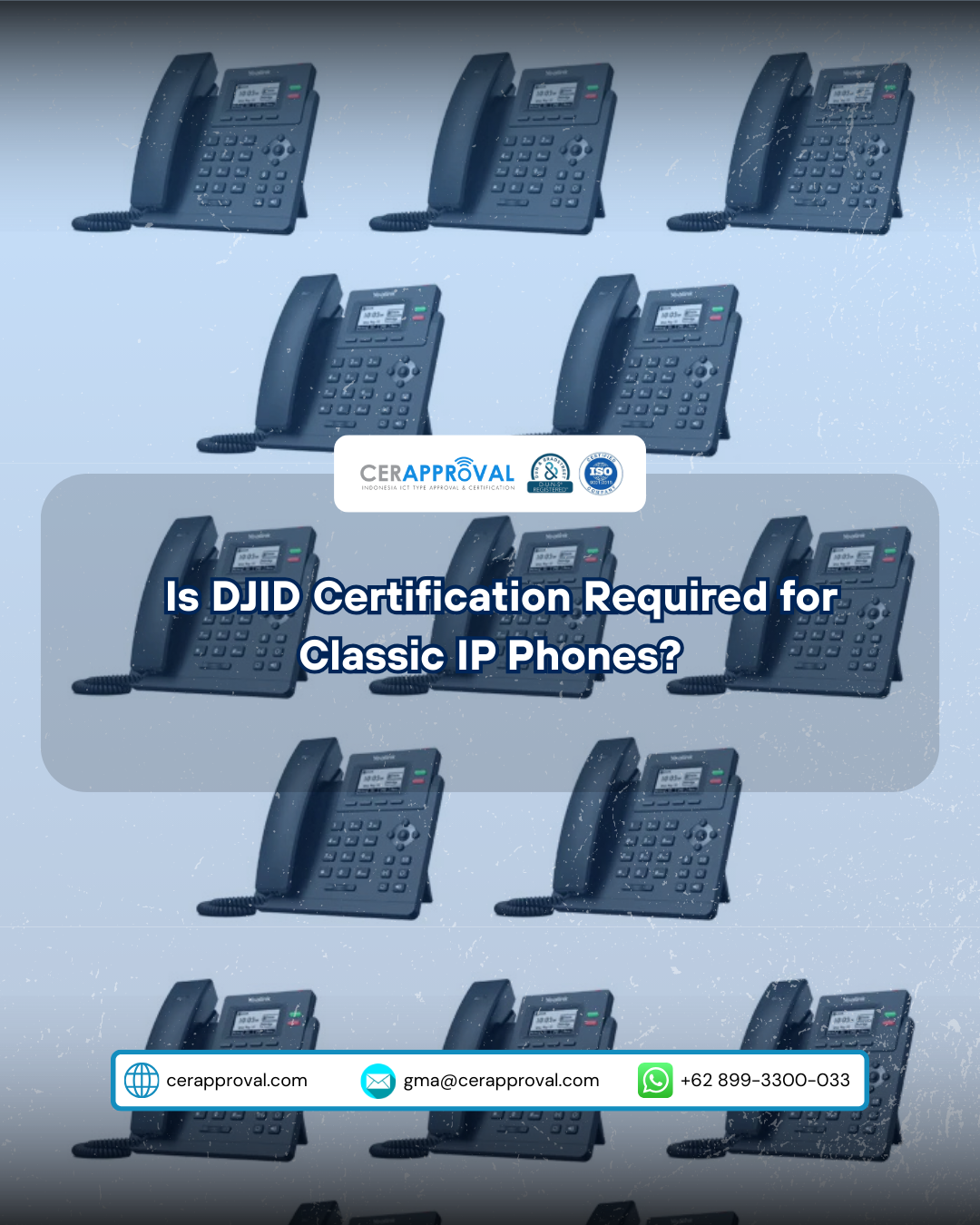In the era of digital communication, Classic IP Phones are still widely used in various hotels, companies, and institutions. Classic IP phones refer to IP (Internet Protocol) phones, which are physical telephone devices that use an internet connection to send and receive voice data, rather than traditional telephone lines. This type of phone offers advantages such as cost savings, location flexibility, and advanced communication features such as call transfer and conferencing. “Classic” refers to basic but reliable IP Phone models, such as the Yealink SIP-T31W, which has become the standard for modern business communication due to its efficiency. Unlike regular phones that use analog signals, IP phones connect to the internet via a modem and router. These phones also utilize Voice over IP (VoIP) technology to make calls, making them an efficient communication standard in corporate digital transformation. A frequently asked question is: are Classic IP Phones required to be tested and have DJID certification in order to be distributed in Indonesia?
Why Is DJID Certification Important?
SDPPI (Directorate General of Post and Information Technology Resources) or now changed to DJID (Directorate General of Digital Infrastructure) is a unit under the Ministry of Communication and Digital Affairs (KOMDIGI) tasked with formulating and implementing policies in the field of digital infrastructure, including matters related to telecommunications equipment certification or institutions that regulate telecommunications equipment certification.
Its objectives are:
- Ensuring devices are safe to use.
- Preventing frequency interference.
- Providing legal certainty for manufacturers, distributors, and users.
If a device utilizes network, frequency, or emits a signal, it is subject to DJID certification.
Classic IP Phones and DJID Regulation
Classic IP Phones rely on internet protocol (VoIP) for voice calls. Some models operate exclusively on LAN (wired), while others support Wi-Fi or Bluetooth.
- If the device only works via LAN cable (without Wi-Fi/Bluetooth) → it usually does not require DJID certification, since it does not emit radio signals.
- If the device supports Wi-Fi/Bluetooth → it must undergo DJID testing and certification, as it uses radio frequency spectrum.
DJID Certification Process
The certification process involves:
- Testing in laboratories accredited by Komdigi.
- Submission of technical documentation.
- Verification and certificate issuance by DJID.
This procedure can be complex, which is why many companies work with certification agencies like Cerapproval, experienced in assisting clients to obtain DJID certification efficiently and in compliance with regulations.
Conclusion
Not all Classic IP Phones require DJID certification. However, if the device includes wireless features such as Wi-Fi or Bluetooth, certification becomes mandatory before entering the Indonesian market. To ensure compliance and a smooth process, partnering with Cerapproval is the best solution.





